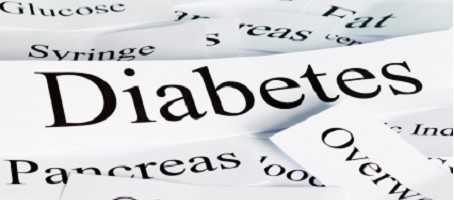Researchers at McMaster University, in Ontario, Canada, have devised a method which may prevent up to half of future type 2 diabetes cases.
They believe a simple method could predict the risk of type 2 diabetes development in adults, with their study analysing data from nearly 5,000 northern Europeans from two independent longitudinal studies.
One-hour plasma glucose
This involved testing blood glycemia levels one hour after consumption of a 75 gram glucose solution.
The information on one-hour plasma glucose (1h-PG) was found by researchers to be sufficient in identifying those at risk of developing type 2 diabetes in the future.
30 per cent of non-diabetic adults, who were middle aged, displayed a high 1h-PG in the study. This was found to be higher than 8.9 mmol/l and they accounted for 75 per cent of all future diabetic cases.
Type 2 diabetes prevention
“This measurement may help to identify high-risk subjects in the general population for inclusion in type 2 diabetes prevention programs,” explained David Meyre, senior author and associate professor in the Department of Clinical Epidemiology and Biostatistics at McMaster’s Michael G. DeGroote School of Medicine.
Meyre believes this prevention program could improve the lives of millions, if applied on a global scale, as well as preventing “up to half of future type 2 diabetes cases” should mass screening programs be applied.
The researchers also found that 1h-PG outperformed current prediction models based on clinical risk factors such as body mass index, sex and age, with Meyre adding: “Another exciting perspective worth investigating is whether 1h-PG predicts future complications of type 2 diabetes.”
The value of the 1h-PG method to predict type 2 diabetes in multi-ethnic longitudinal studies, still needs to be assessed due to the rate in which the disease varies by ethnicity.
What's new on the forum? ⭐️
Get our free newsletters
Stay up to date with the latest news, research and breakthroughs.




